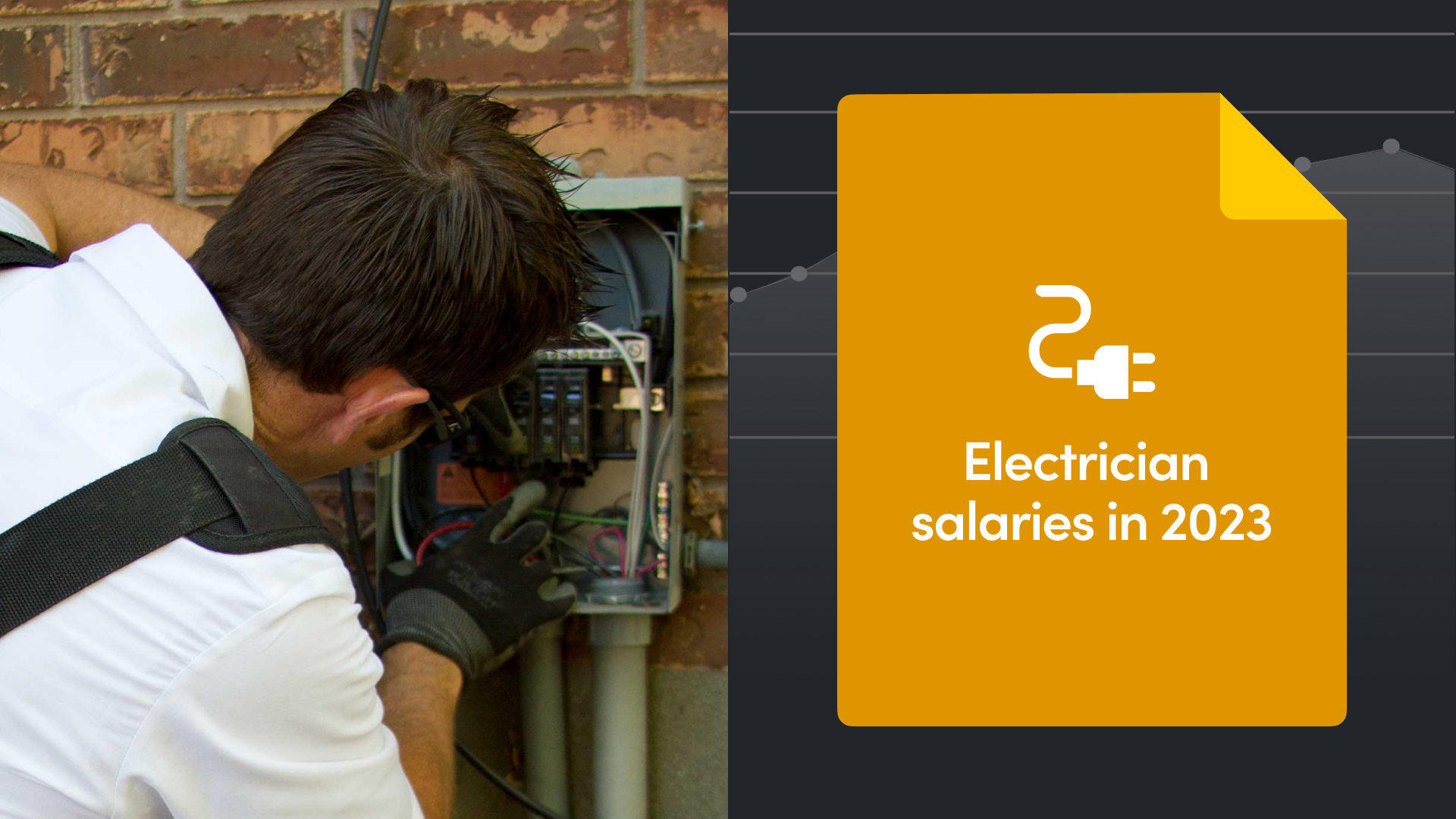It is perhaps cruel of me to say...but I believe it's a cruel reality: MANY people, across many income levels (a) have no true idea where their money goes, and (b) are stuck living paycheck-to-pacheck, in part, because they spend what's in their pocket on non-necessities without thinking it matters, and then struggle with the bills at the end of the month that should be easily predictable. Paycheck-to-paycheck, for many, is also due to a signing up for enough monthly payments (mortgage, car, subscriptoins, etc.) to consume every month's income without adequately valueing a need for savings, etc.
I have no idea about the validity of the data, but at least one google-able study suggests that in the US "63% of employees can't cover an unexpected $500 expense." Nearly 2/3's of people just not having an extra $500 for an emergency is mentally shocking. At such a high percentage, we know this isn't just people with poverty or lower-middle-class incomes. There are people with pretty sizeable incomes in this category too.
With that in mind:
There are a lot of people who hear EV and just think "my electic bill will go up and it's already too high!". I believe that many people top up their gas tank with the cash in their pocket, and for them throwing a couple twenties over the counter every few days doesn't seem like it really adds up to much. There are also people who pay on credit card, so the many gas transactions are just part of the credit card bill at the end of the month. Either way, gasoline is a bunch of small/separate transactions so people don't see what it adds up to...and they can't really imagine that those "mandatory" expenses will go away and be replaced by a smaller addition to their electric bill.
For many people, there is also the problem that they seem to be itching to spend what's in their pocket without thinking. Stop at the ATM when their pocket is empty, spend the cash until its gone, then hit the ATM again. For people who are used to carrying around cash to pay for topping up their gas tank, they probably pay cash for many "impulse" type purchases as well. If the cash purchases of gas go away, for many people, that money will still get spent on something else. At the end of the month, the "gas money" will still have been spent, AND their electric bill will be higher than before. Until they can resolve that pattern, such people could end up feeling even more pinched at the end of the month if they own an EV.




